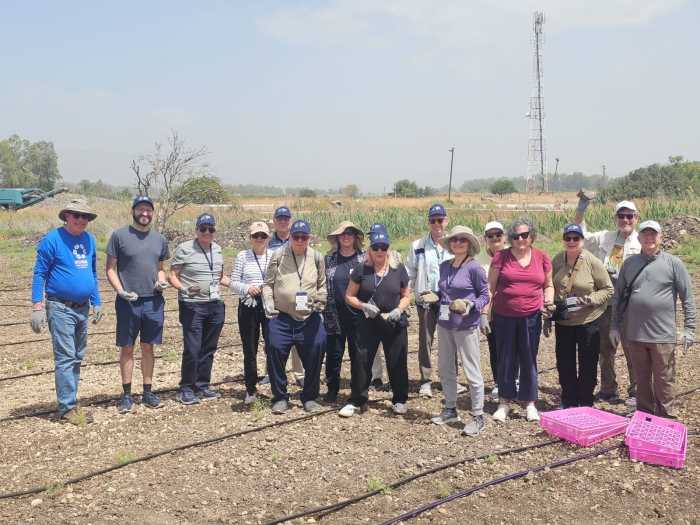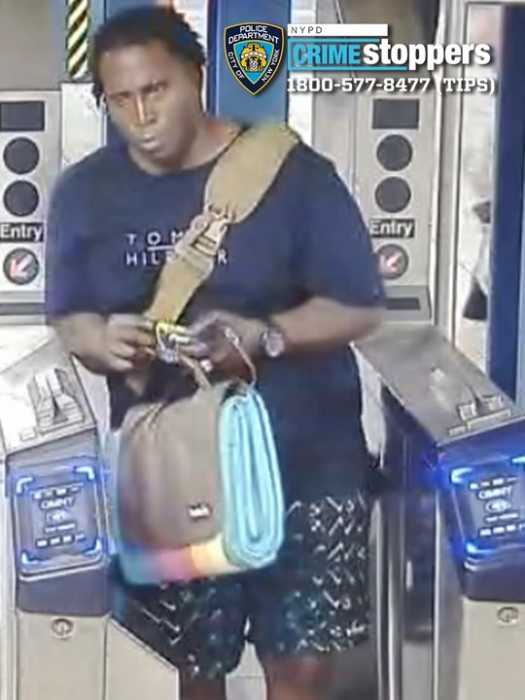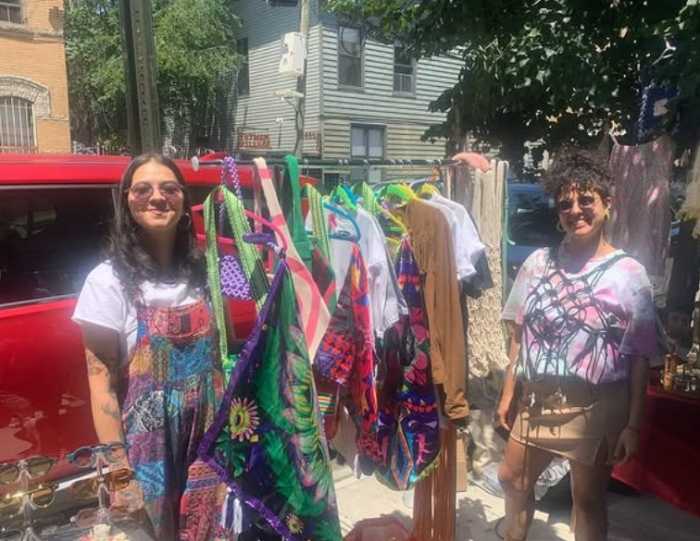Says Parkland Project Doesn’t Violate Law
A lawsuit designed to block the 1.4 million sq. ft. Willets West development was dismissed by a state supreme court justice on Wednesday, Aug. 20, clearing another hurdle for the transfer of the land to construct the $3 billion project.
Though Justice Manuel Mendez dismissed the case backed by State Sen. Tony Avella and several civic groups, Michael Gruen-president of City Club, one of the plaintiffs–said the group plans to appeal the decision. NYC Park Advocates and the Queens Civic Congress were also plaintiffs in the lawsuit.
Mendez ruled that the adoption of a 1961 administrative code which allowed for the construction of Shea Stadium and some commercial uses of the land also permitted “for the improvement of trade and commerce” on formerly city-owned parkland.
The decision clears another legal challenge for Sterling Equities and Related Companies to build a mall there, and found that the developers proposal did not violate state or city law.
Opponents of the development tapped the precedent of public trust to bring the lawsuit. This principle argues that certain resources will be preserved strictly for the public use.
“The public trust doctrine does not apply,” Mendez said. “(The) Administrative Code (§18-118[b]) applies to the use of the property for a shopping mall, because it will serve the public purpose of improving trade or commerce.”
Gruen and others disagree with this interpretation.
“We figure a shopping center is not a park service,” he said. “We thought this was an example of the worst of the worst in park alienation.”
To construct Shea Stadium, the land in Flushing Meadows-Corona Park was transferred to private owners to promote commerce, not engage in it directly, Gruen believes.
“We think it’s absolutely plain in the context,” Gruen told the Times Newsweekly Tuesday. “Promoting trade and commerce is different from engaging in trade and commerce. The two concepts are entirely different.”
Along with the civic group opponents of the Willets West plan, Avella has long advocated against the proposal, and after the decision said, “It was disheartening to learn of Justice Mendoza’s decision today in respect to the Willets West lawsuit. We made some very good legal arguments and strongly believe that we are in the right on this issue. I look forward to submitting an appeal alongside the other plaintiffs and feel confident about a future positive outcome.”
Geoffrey Croft-president of NYC Park Advocates, another plaintiff in the lawsuit-was frustrated by the decision. He believes it could set a troubling precedent for the seizure of parkland.
“The decision flies in the face of the Public Trust Doctrine and ignores long-established case law,” Croft said. “Equally troubling is it bestows the powers of the former Board of Estimate for land-use decisions to one person, the Mayor. This is ironic considering the Board was declared unconstitutional because it violated the “one man, one vote” provision of the Equal Protection Clause which was determined to be un-democratic.
“The city is attempting to hand over 47.5 acres of Flushing Meadows-Corona Park worth an estimated $1 billion to Related Companies and Sterling Equities,” Croft added. “This is unacceptable.”


































